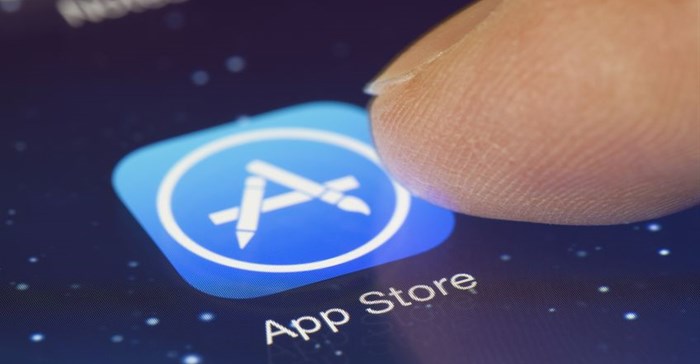
Top stories






More news


Marketing & Media
Ads are coming to AI. Does that really have to be such a bad thing?













Speculation that Apple may be introducing a new App Store strategy first surfaced in April this year. It was rumoured then that the company would allow app developers to pay to have their app displayed more prominently in searches and allow Apple to introduce an Adwords-based search model.
More clarity was given on 8 June, when Phil Schiller, senior VP of Worldwide Marketing made public the new subscription model as well as confirming the new paid search business model.
The changes should be viewed as an holistic effort on Apple’s part to overhaul its App Store offering. The platform had come under fire for its bad search functionality, technical limitations, and the fact that it was (until a few weeks ago) taking more than a week to approve new apps.
All of this added up to a disgruntled app developer community, with many bemoaning the fact that the App Store hadn’t undergone any significant improvement since 2011.

The June announcement included Apple introducing a subscription model for all apps to allow for greater annuity revenue. The company has also said that it would allow app developers to benefit from an 85/15 percent revenue share per subscriber after one year, moving up from the current flat 70/30 percent split. There will also be new tiered pricing options for app subscriptions, (up to 200 of them) allowing variation across territory and currency.
If Apple hopes to encourage uptake of its new subscription model, it would need to allow its app community to find new customers, and so the paid search announcement seems to be their way of addressing this.
Unlike the Google model of having six or even seven ads on a page, Apple has said it would allow only one paid search ad (or even none) per page, and it would be clearly marked in a blue background. Apple also says it will provide a second-price auction system for marketers to allow them to bid for ads. At this point, however, there are a number of factors which are not yet known and which could impact the search engine marketing community.
For starters, we are not sure exactly how the auction will work. Will the amount you pay only work down to one ad, or all the way to the last bidder? Is it 1c above, or the same as the ad below?
What factors will determine ‘relevance’? We believe that the ‘tap through rate’ is key, but how do they determine this with no data, and will they use existing tap through rates to get around this? If relevance is based on keywords uploaded into the app store development tool originally, this could be easily gamed. It is also not known how they will handle trademarks. So, for instance, will only Nike be allowed to bid on Nike? Google has some fairly strict trademarks restrictions and we have yet to hear how Apple will handle this – although given its history, our thoughts are that Apple will take the conservative route in order to protect its big corporate clients.
Finally, we are not sure if there will be minimum bids. A one-ad-per-page model could complicate things for marketers and, given that they have said that some pages may have no ads at all, one wonders if this means that they may have a price reserve.
Given what we know, we believe that the new paid search model will change how we deal with clients wishing to promote their apps.
Current data shows that 65 percent of downloads start with searches on the App Store. This means that companies hoping to drive installs will need to ensure their apps are easily found.
At the moment, the lion’s share of an app ad campaign would go to Facebook and Twitter. This is used to drive awareness. Search would be used for discovery within the App Store. We don’t see this shifting for games. Consumers become aware of games through social media and use the App Store to find those specific games.
For non-gaming applications, however, search becomes important. Brand awareness takes a secondary role, as people will naturally search for the solution rather than a name. So, for instance, you might search ‘note taking app’ or ‘flight tracker’ or ‘weather app’. In these instances, budget would naturally shift to search ads.
There is still much we don’t know and hopefully clarity will be coming soon. However, we do see this announcement as Apple realising the latent potential in its App Stores and, over time, it will become increasingly important to factor in specific campaign strategies to address this.